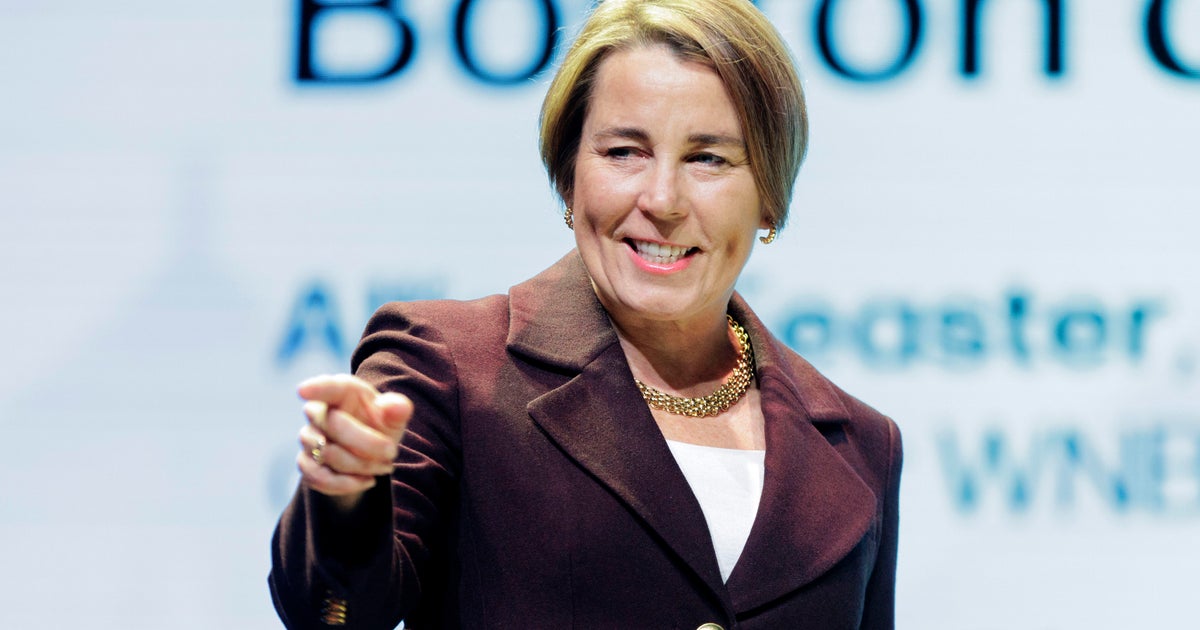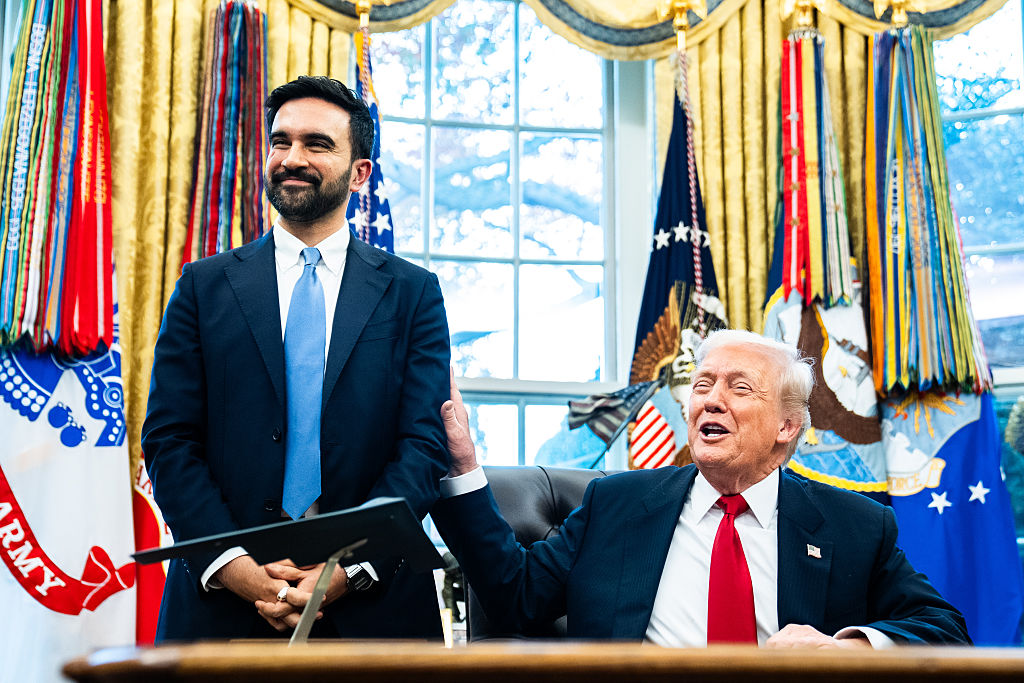Biden's ex-COVID adviser faults Trump administration for "deadly sins" at start of pandemic
Washington — Andy Slavitt, who until last week was President Biden's senior adviser for the COVID-19 response, said Sunday that the Trump administration committed three "deadly sins" in its handling of the coronavirus pandemic that cost American lives.
In an interview with "Face the Nation," Slavitt said the country would have grappled with the pandemic last year regardless of who was in the White House, but detailed the three errors made by the prior administration: Former President Donald Trump's downplaying of the virus and its existence; his quashing of dissent from public health experts; and his stoking of divisions across the country.
"I think that sort of the populist nature, being a populist during a pandemic is really not a great combination because you're going to have to make some tough decisions. You're going to have to make people unhappy," Slavitt told "Face the Nation." "And I think Trump saw in his base a stirring of anti-mask characterizations and other things, and he played into those things because, I think it felt like a different route. And I think those three things were things that were, you know, cost us a lot of lives."
Slavitt, who has a new book on the U.S. coronavirus response, said there were both technical and political mistakes that worsened the pandemic's impact across the nation, such as the Centers for Disease Control and Prevention's lack of tests and a dearth of face masks, as well as a culture of denying science. But he said the American people also have to acknowledge the roles they played.
"This was an incredibly difficult period of time. But when we look at one another, the question is, did we do enough? Did we sacrifice even a little bit for the health and for the business and for others?" Slavitt said. "You know, we are a generation that has not sacrificed in a long, long time in this country. And I think, you know, we all have to acknowledge that despite everything else, the technical and the political, we all played a role in this, too."
Slavitt said there was a question of why Americans' tolerance for shifting public health information was so low, especially as the pandemic required people to understand the scientific process and listen to scientists.
"We as a country, I think, had a tough time with this," he said. "I think certain people were embracing it and following it along. But other people just, I think, kind of cynically exploited the divisions so that if a scientist changed their mind, it was an opportunity to say, 'See, they don't know what they're talking about, but I do,' or, 'They don't know what they're talking about, so we don't need to listen to them.' And I think that may have been a unique experience in our country, where that was exploited a little bit more than just the sort of the natural confusion that occurs in the kind of fog of war."
Slavitt also said there were unconscious decisions Americans made that affected the pandemic response, such as classifying many workers as essential and exposing them to the coronavirus.
Many people, he said, "were quite comfortable and were at home getting deliveries. And I count myself among them. But there were other people who were growing food, growing our crops, who were delivering those crops, who were working in meatpacking plants, working in grocery stores every day, had to go to work."
"And we knowingly and willingly exposed a lot of people while a lot of other people were comfortable," Slavitt continued. "These are some deep, more deep embedded things about us and about our society. And the book tries to tell the story of how those decisions made without thinking about a pandemic really came back to haunt us."





